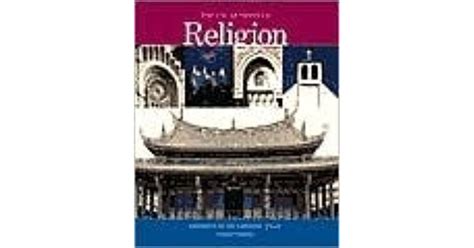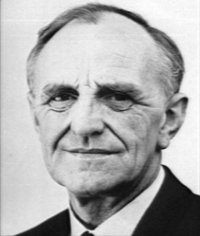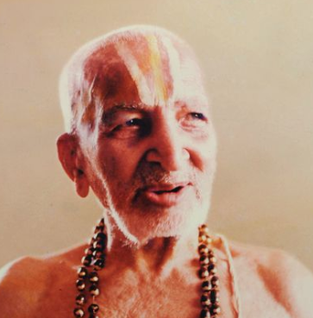A Quote by B.K.S. Iyengar
The whole thrust of yogic philosophical and scientific inquiry has therefore been to examine the nature of being, with a view to learning to respond to the stresses of life without so many tremors and troubles.
Related Quotes
The routine of custom tends to deaden even scientific inquiry; it stands in the way of discovery and of the active scientific worker. For discovery and inquiry are synonymous as an occupation. Science is a pursuit, not a coming into possession of the immutable; new theories as points of view are more prized than discoveries that quantitatively increase the store on hand.
Secular humanism does not have the essential attributes of a religion: belief in a deity, the wish for some sort of afterlife, sacred dogma or texts, or an absolutist moral creed. Instead, it expresses a philosophical and ethical point of view, and it draws upon the scientific method in formulationg its naturalistic view of the nature.
...life is a gift bestowed without anyone asking for it; that the thinking person has a philosophical duty to examine both the nature of life and the conditions it comes with; and that if this person decides to renounce the gift no one asks for, it is the moral and human duty to act on the consequences of that decision.
Nature is a good teacher; he who can read the nature well, he can learn sagacious things belong to life from it. Once you stepped in the nature, your philosophical education starts. A black vulture teaches you many things; a bear teaches you many things; a bird making its nest and a rosehip which resists being frozen, they teach you many things!
Without initiation into the scientific spirit one is not in possession of the best tools which humanity has so far devised for effectively directed reflection. One in that case not merely conducts inquiry and learning without the use of the best instruments, but fails to understand the full meaning of knowledge.
If there is such a thing as philosophical progress, then why - unlike scientific progress - is it so invisible? Philosophical progress is invisible because it is incorporated into our points of view. What was torturously secured by complex argument comes widely shared intuition, so obvious that we forget its provenance.
Scientific evidence for God's existence is being claimed today by theists, many of whom carry respectable scientific or philosophical credentials. He who is neither a she nor an it supposedly answers prayers and otherwise dramatically affects the outcome of events. If these consequences are as significant as believers say, then the effects should be detectable in properly controlled experiments.
A spiritual sensibility encourages us to see ourselves as part of the fundamental unity of all being. If the thrust of the market ethos has been to foster a competitive individualism, a major thrust of many traditional religious and spiritual sensibilities has been to help us see our connection with all other human beings.




































